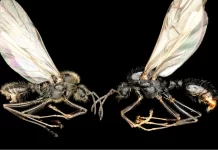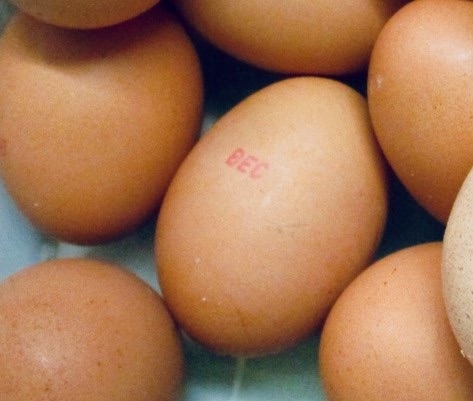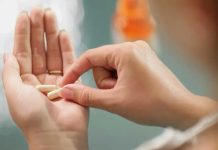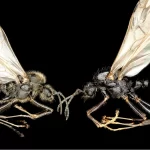People in an Australian state are being urged to avoid eggs with two specific identifying stamps because they may be contaminated with Salmonella.
The New South Wales (NSW) Food Authority said the affected product has stamp BEC or BEC115 on the shell of individual eggs and not the carton.
Affected eggs may have been sold in unlabeled cartons, or mixed with others with different stamps, so it is important to check each one. Implicated product is distributed in the greater Sydney area.
NSW Health data shows that in January 2019, 412 cases of Salmonella infection have been notified, which is similar to the number reported during January in recent years. Children under five years of age account for most cases, although all age groups are affected.
A total of 99 people became unwell with the outbreak strain since it was first reported in May 2018, with almost 30 percent of cases notified to health authorities in the last four weeks. All but one live in metropolitan Sydney and the surrounding area or traveled to Sydney prior to illness.
In September 2018, 28 cases of Salmonella Enteritidis were linked to eggs sold in the Sydney metropolitan region. Eggs sold under the brand Glendenning Farms were recalled by Eggz on the Run.
Following more notifications of salmonellosis, an investigation by NSW Health and the NSW Food Authority identified eggs from a second as yet unnamed producer in the Sydney area that is contaminated with Salmonella.
Dr. Lisa Szabo, NSW Food Authority CEO, said thanks to mandatory egg stamping in the state it has been able to isolate the particular batch.
“All other eggs are safe to eat, provided people exercise the usual caution required for a special care food like eggs such as washing your hands and avoiding raw egg products particularly if you are a vulnerable population such as the immune compromised, under two or over 70 years of age or pregnant,” she said.
“We typically see a rise in Salmonella during the warmer summer months, so this is an opportune time to remind people to practice good hygiene generally when preparing food and to always keep their hands, surfaces, and utensils clean and dry before and after handling eggs.”
The NSW Food Authority put a prohibition order on the business that produced the eggs in January preventing them from selling items while the possible Salmonella contamination was investigated.
“While it is likely that most affected eggs are no longer in the supply chain, it is possible that people may have purchased them earlier and still have some at home in the fridge or pantry. We’d just like people to check and if they do have any eggs stamped BEC or BEC115 to throw them out to avoid any risk of food poisoning,” said Dr. Szabo.
Salmonellosis symptoms include fever, headache, diarrhea, abdominal pain, nausea, and vomiting. Symptoms start around six to 72 hours after the contaminated food is eaten and usually, last for four to seven days but can continue for longer.
































